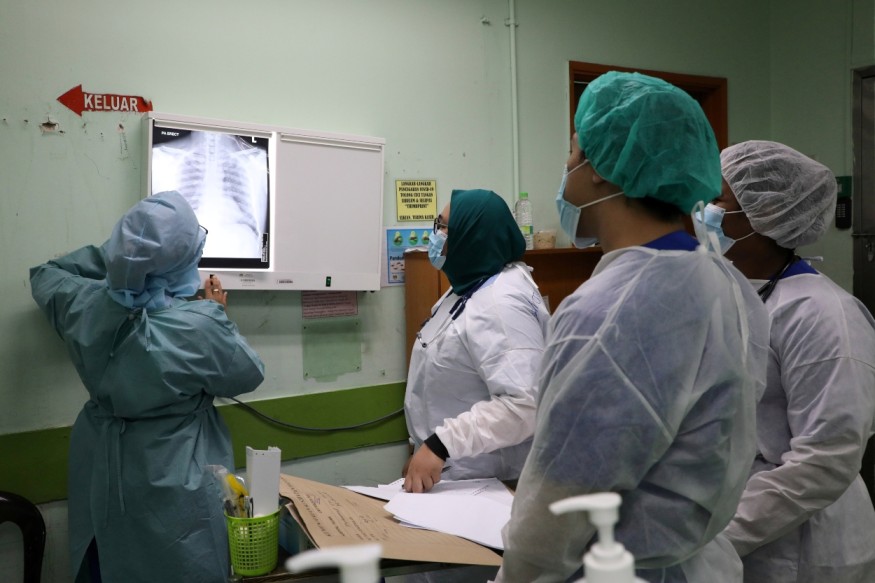Can COVID-19 Symptoms Last for Months? Here's What We Know

As researchers continue to study the long and ever-changing list of COVID-19 symptoms, some patients are beginning to report suffering from virus-related symptoms months after they've recovered.
In an article by USA Today, a 40-year-old man named Scott Krakower is still suffering from debilitating symptoms despite recovering from the virus three months later. While his symptoms are not severe enough to require hospitalization, they still affect his ability to resume a normal life. His condition, along with a growing group of COVID-19 patients who are still suffering from symptoms many weeks after recovery, forced him to isolate himself from friends and family.
Three weeks into the illness, Krakower reported breathing difficulties. He also suffered from a swollen throat, making it nearly impossible for him to eat or talk. Some days, he stood by the sink, spitting up blood.
Many physicians are beginning to explore the possible long-term effects brought about by the disease. While many recover within a few weeks, some have experienced bouts of exhaustion and muscle aches that last for several more weeks. Patients who recovered from a severe case of COVID-19 reported more serious issues such as irregular heartbeats and worsening kidney and liver function.
An article by the Times of Israel reported that some patients experience phantom pains, memory loss, and psychological issues months after they were discharged from the hospital.
Afik Suissa was once a healthy 24-year-old basketball player before he was hospitalized and ventilated. After he was discharged from the hospital, the athlete experienced phantom pains in one leg, forcing him to take physical therapy.
The former basketball player now suffered from high blood pressure and pulse rate. He also claimed he feels his personality changed, adding that he often finds himself angry over trivial things.
Long-Term Effect
Researchers have yet to fully explore the disease's short-term and long-term effects on people. It is estimated that up to 80 percent of patients infected with the virus are asymptomatic or suffering from mild cases that go away after two weeks.
However, the recent reports of patients suffering from long-term effects have caused health experts to worry. According to a report by Advisory, a preliminary research other coronaviruses, including SARS and MERS, suggest a small subset of patients could take years to recover.
In COVID-19, many physicians report that patients who have recovered from COVID-19 suffered high rates of blood clots that led to strokes and heart attacks. They also noted a surge in strokes among patients younger than 35.
A study from Wuhan found more than 12 percent of COVID-19 patients showed sign of heart damage. Other studies also found scarring of heart muscles and lungs. While it's too soon to conclude whether the virus could cause permanent lung damage, reports show one-third of SARS and MERS survivors had long-term lung damage.
Want to read more?
Arizona Becomes New COVID-19 Hotspot as Residents Refuse to Wear Masks
California Mayor and Sheriffs Refuse to Require Masks, Claims Governor's Order was 'Not Legitimate'
Subscribe to Latin Post!
Sign up for our free newsletter for the Latest coverage!
© 2026 Latin Post. All rights reserved. Do not reproduce without permission.















